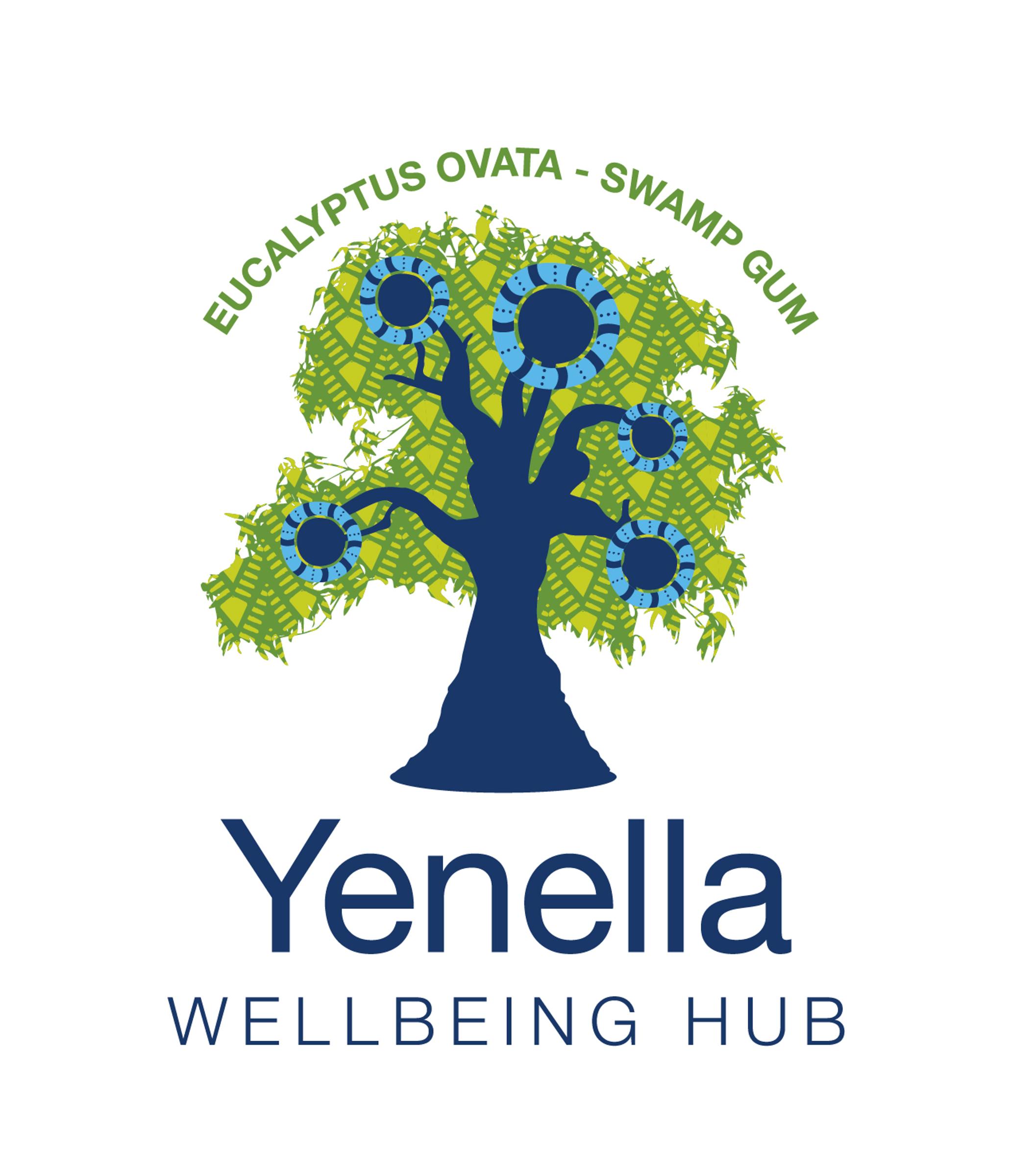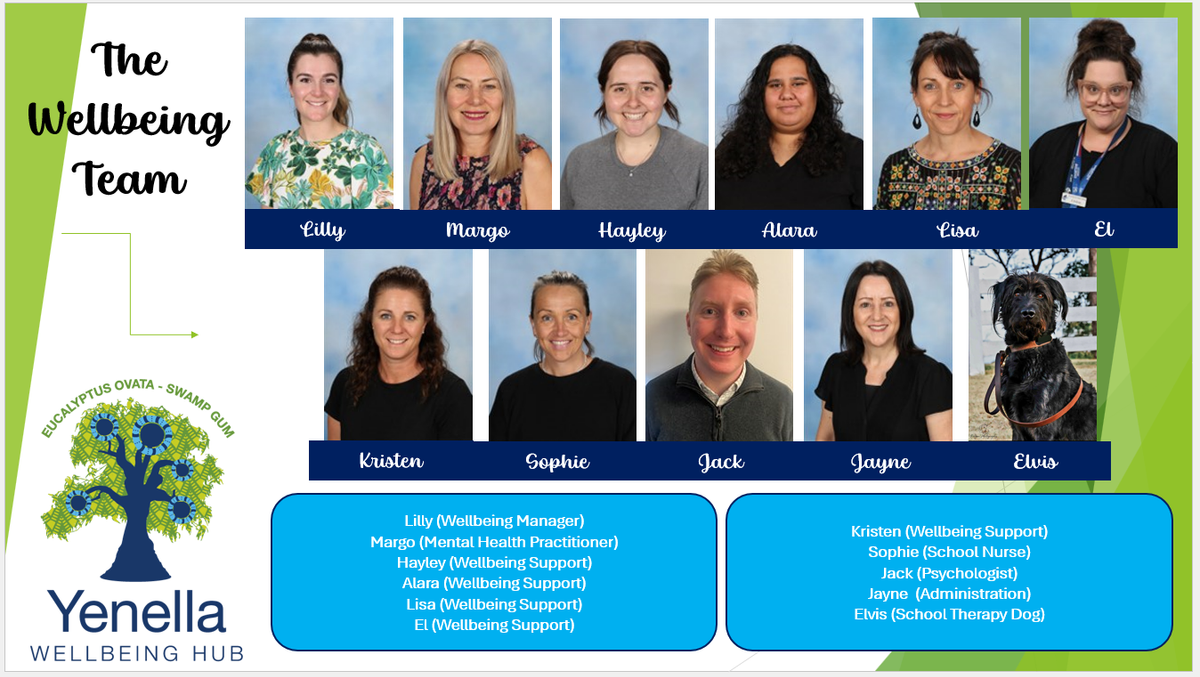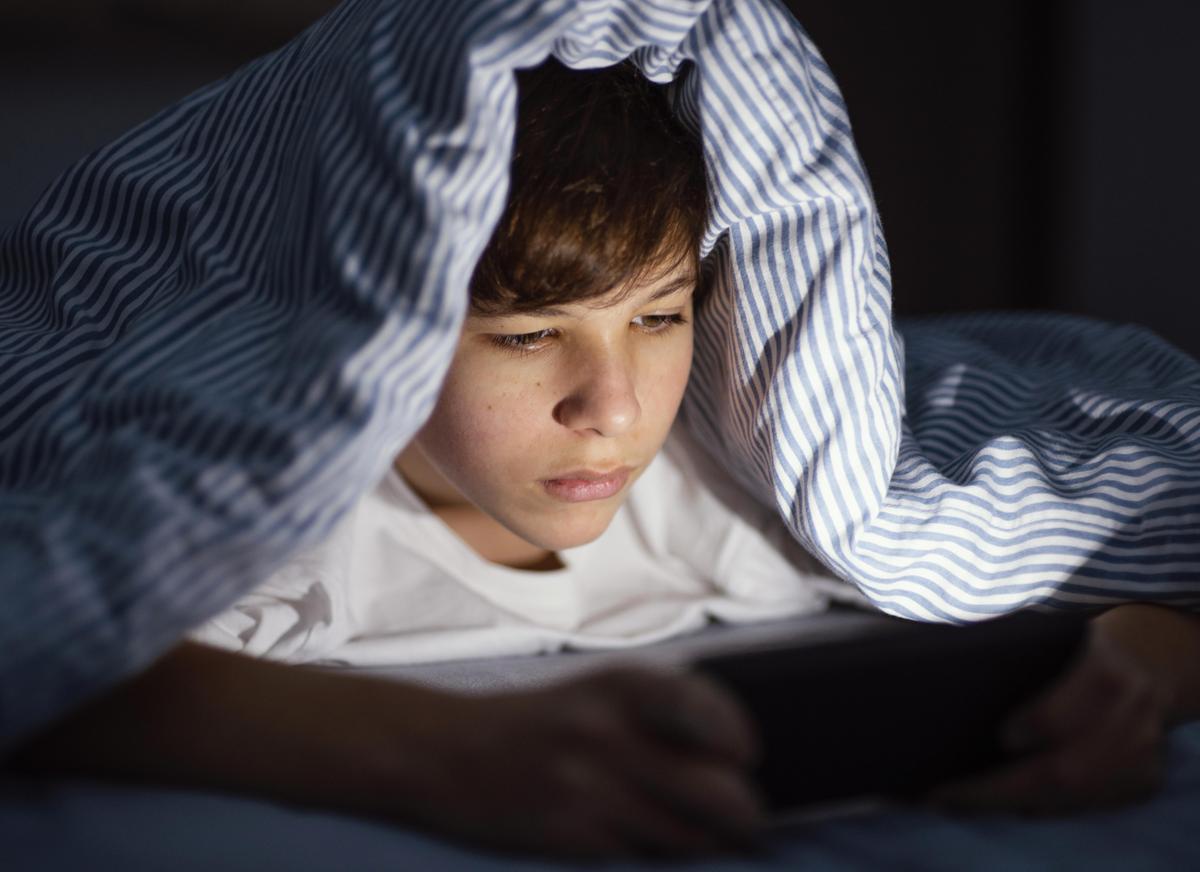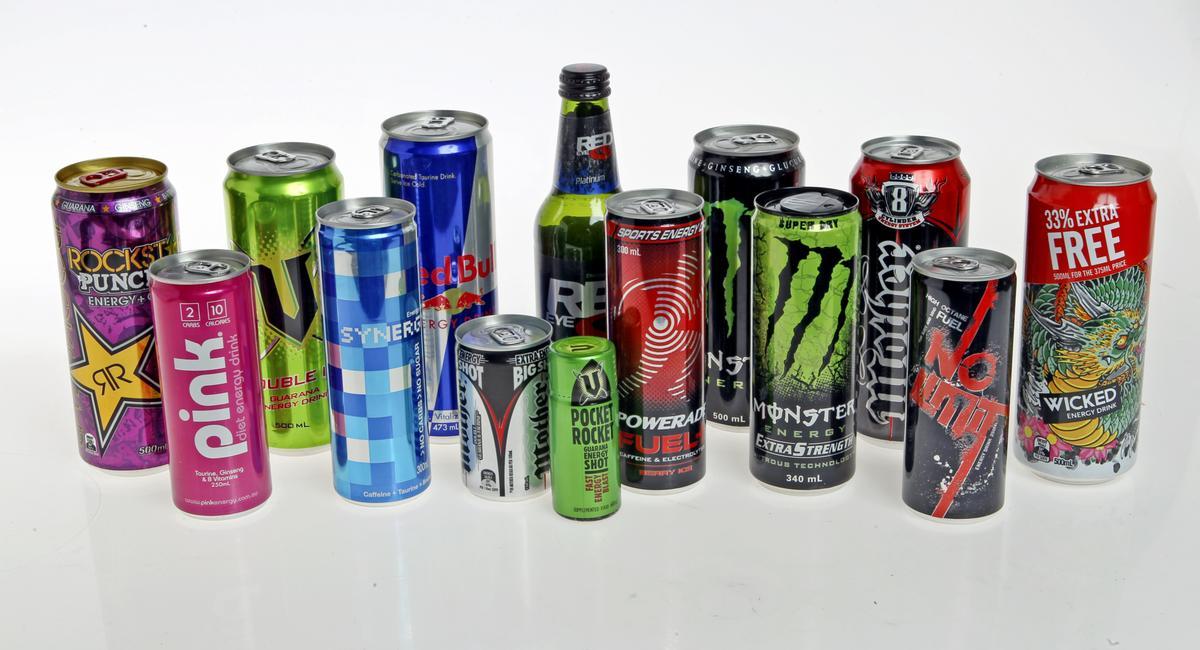Wellbeing

The BRAVE program is an online self-help program that contains both resources and information for children, teenagers and their parents. It is designed specifically to help young people with anxiety overcome their worries and improve the quality of their lives.
BRAVE is a cognitive behaviour therapy tool based on established clinical practice guidelines for the treatment of child and adolescent anxiety, as described by the Royal Australian and New Zealand College of Psychiatrists.
No matter how old or young you are, everyone experiences anxiety at times. We here at the BRAVE program know that worrying about things all the time is tough. The BRAVE program was developed to help young people and their parents develop skills and coping strategies so that your worries and anxiety don’t stop young people from doing the things you want or need to do.
The BRAVE Team also know how hard it can be to make the time to fit everything in! The BRAVE program is an online program that you can work through at your own speed in the privacy of your own home. To learn more, visit: Login | BRAVE Self-Help Program
-------------------------------------------------------------------------------------------------------------------------------------
TEENS and SLEEP
Sleep research suggests that a teenager needs between eight and 10 hours of sleep every night. This is more than the amount a child or an adult needs. Yet most adolescents only get about 6.5 – 7.5 hours sleep per night, and some get less. Regularly not getting enough sleep leads to chronic sleep deprivation. This can have dramatic effects on a teenager’s life, impacting their mental wellbeing, increasing their risk of depression, anxiety and low self-esteem. It can also affect academic performance at school.
Causes of teenage sleep deprivation
Some of the reasons why many teenagers regularly do not get enough sleep include:
- hormonal time shift – puberty hormones shift the teenager’s body clock forward by about one or two hours, making them sleepier one to two hours later. Yet, while the teenager falls asleep later, early school starts don’t allow them to sleep in. This nightly ‘sleep debt’ leads to chronic sleep deprivation
- using screen-based devices – smart phones and other devices used around bed time reduce sleep time. Teens who put down their smart-phones an hour before bed gain an extra 21 minutes sleep a night, (that's one hour and 45 minutes over the school week) according to a study by Vic Health and the Sleep Health Foundation
- hectic after-school schedule – homework, sport, part-time work and social commitments can cut into a teenager’s sleeping time
- leisure activities – the lure of stimulating entertainment such as television, the internet and computer gaming can keep a teenager out of bed.
- light exposure – light cues the brain to stay awake. In the evening, lights from televisions, mobile phones and computers can prevent adequate production of melatonin, the brain chemical (neurotransmitter) responsible for sleep
- vicious circle – insufficient sleep causes a teenager’s brain to become more active. An over-aroused brain is less able to fall asleep.
- social attitudes – in Western culture, keeping active is valued more than sleep
- sleep disorder – sleep disorders, such as restless legs syndrome or sleep apnoea, can affect how much sleep a teenager gets.
Effects of teenage sleep deprivation
The developing brain of a teenager needs between eight and 10 hours of sleep every night. The effects of chronic (ongoing) sleep deprivation may include:
- concentration difficulties
- mentally ‘drifting off’ in class
- shortened attention span
- memory impairment
- poor decision making
- lack of enthusiasm
- moodiness and aggression
- depression
- risk-taking behaviour
- slower physical reflexes
- clumsiness, which may result in physical injuries
- reduced sporting performance
- reduced academic performance
- increased number of ‘sick days’ from school because of tiredness
- truancy.
Preventing sleep deprivation in teenagers – tips for parents
Try not to argue with your teenager about bedtime. Instead, discuss the issue with them. Together, brainstorm ways to increase their nightly quota of sleep. Suggestions include:
- Allow your child to sleep in on the weekends.
- Encourage an early night every Sunday. A late night on Sunday followed by an early Monday morning will make your child drowsy for the start of the school week.
- Decide together on appropriate time limits for any stimulating activity such as homework or screen time. Encourage restful activities during the evening, such as reading.
- Avoid early morning appointments, classes or training sessions for your child if possible.
- Help your teenager to better schedule their after-school commitments to free up time for rest and sleep.
- Assess your teenager's weekly schedule together and see if they are overcommitted. Help them to trim activities if they are.
- Encourage your teen to take an afternoon nap after school to help recharge their battery, if they have time.
- Work together to adjust your teenager’s body clock. You may like to consult with your doctor first.
Top sleep tips for teenagers
The typical teenage brain wants to go to bed late and sleep late the following morning, which is usually hard to manage. You may be able to adjust your body clock but it takes time. Suggestions include:
- Choose a relaxing bedtime routine; for example, have a bath and a hot milky drink before bed, or use meditation or mindfulness activities. Gentle yoga may also help.
- Avoid screens such as computers, TV or smart phones, loud music, homework or any other activity that gets your mind racing for at least an hour before bedtime.
- Avoid stimulants in the evening like coffee, tea, soft drinks and energy drinks.
- Keep your bedroom dark at night. Your brain’s sleep–wake cycle is largely set by light received through the eyes. Try to avoid watching television or using smart phones right before bed. In the morning, expose your eyes to lots of light to help wake up your brain.
- Do the same bedtime routine every night for at least four weeks to make your brain associate this routine with going to sleep.
- Start your bedtime routine a little earlier than usual (for example, 10 minutes) after four weeks. Do this for one week.
- Add an extra 10 minutes every week until you have reached your desired bedtime.
- Get active during the day so you are more physically tired at night.
- Set up a comfortable sleep environment.
- Set up a regular wake-up time.
- Avoid staying up late on the weekends. Late nights will undo your hard work.
- Remember that even 30 minutes of extra sleep each night on a regular basis makes a big difference. However, it may take about six weeks of getting extra sleep before you feel the benefits.
Teenage sleep deprivation – other issues to consider
If lack of sleep is still a problem despite your best efforts, suggestions include:
- Assess your sleep hygiene. For example, factors that may be interfering with your quality of sleep include a noisy bedroom, a lumpy mattress or the habit of lying awake and worrying.
- Consider learning a relaxation technique to help you wind down in readiness for sleep.
- Avoid having any food or drink that contains caffeine after dinnertime. This includes coffee, tea, cola drinks and chocolate.
- Avoid recreational drugs (including alcohol, tobacco and cannabis) as they can cause you to have broken and poor-quality sleep.
- See your GP if self-help techniques don’t increase your nightly sleep quota.
Where to get help
- Your GP
- Sleep disorder clinic
Article credit# Teenagers and sleep | Better Health Channel
-------------------------------------------------------------------------------------------------------------------------------------
THE LOWDOWN ON ENERGY DRINKS
You may have seen the ads showing how energy drinks can ‘give you wings’. But there are some harms associated with young people drinking them. Energy drinks are marketed to young people as a way to get an energy boost with the benefit of increased physical and mental performance. And, sales are up. The increase in sales is causing concern from parents, teachers and health professionals who are seeing a rise in negative health effects and risky behaviours among children and young people who drink energy drinks.
While drinking energy drinks is common among young people (particularly males), little is known about how much they can safely drink. What is known, however, is the damaging effects these drinks can have. Headaches, insomnia, tiredness, irritability, stomach aches and hyperactivity are just some of the effects that have been linked to young people who consume energy drinks. Another concern is nutrition and sleep – both particularly important during adolescence when major growth is occurring. Longer-term issues include tooth decay, obesity and Type 2 diabetes. And, energy drinks have also been linked to high-risk behaviours in young people, including smoking, alcohol and other drug use, fighting and impulsive risk taking. But, it’s not clear if energy drinks cause any of these behaviours or if it’s just common for them to show up alongside each other.
What’s in an energy drink?
Energy drinks, such as Red Bull, V Energy and Monster Energy, are non-alcoholic and usually contain large amounts of caffeine and sugar. They’re also often combined with taurine, glucuronolactone, guarana, and B vitamins, and marketed to young people as having a performance-enhancing and stimulant effect.
Taurine -Taurine is an amino acid that helps build protein and is found in meat, fish, dairy products and human milk. Some studies suggest taurine may improve athletic performance – there is little evidence to support this.
Glucuronolactone - Glucuronolactone is a naturally occurring chemical produced by the body and found in plants. It helps remove harmful substances from the body. There’s been limited research conducted on glucuronolactone so it’s unclear whether its inclusion in energy drinks is harmful or beneficial.
Guarana- Guarana is a plant that contains caffeine – 1 gram of guarana contains between 40 and 80mg of caffeine (an espresso contains 60mg caffeine). Guarana’s interaction with the other ingredients in energy drinks makes its effects last longer than caffeine.
Caffeine - Caffeine is a stimulant that occurs naturally in a range of plants. When consumed it results in:
- increased urination
- increased energy and attention
- increased body temperature
- faster breathing and heartrate
- increased production of stomach acid.
In both children and adults, too much caffeine can cause:
- nervousness
- irritability and anxiety
- difficulty sleeping
- tremor
- rapid heartbeat
- palpitations
- upset stomach.
The verdict on energy drinks
There is growing evidence that energy drinks may be harmful to some people. In particular, it’s recommended that kids under 10 years of age should avoid energy drinks, and young people should not drink them excessively. If you’re unsure or would like further advice, consult your doctor or other health professional.




